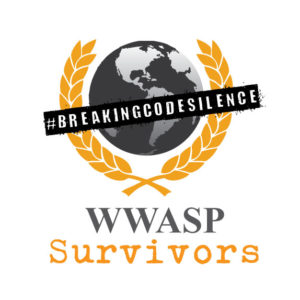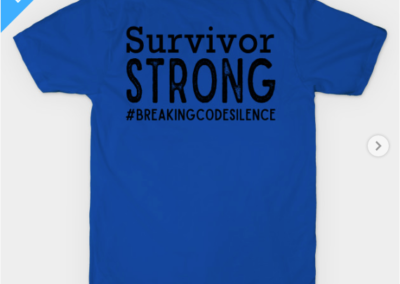New details emerge on several wrongful deaths since the Bain takeover in 2006
Bain Capital, the private equity firm founded by Mitt Romney in 1984, prides itself on turning around failing businesses. But lawsuits and critics allege that controversial profit-maximizing methods and the residential treatment industry don’t mix.
In 2006, Bain took over the CRC Health Group, including a national drug-treatment chain, and went on an acquisition frenzy — adding more sites and venturing into the world of residential facilities for troubled teens by buying Aspen Education. Aspen was a scandal-plagued company even before Bain took over — facing a high-profile wrongful death suit over the 2004 heat stroke death of a boy at one of its wilderness camps. Now there are allegations that things have gotten worse.
In a months-long investigation, reporter Art Levine traveled to Utah and California and interviewed current and former staffers and residents of CRC facilities, revealing reports of systemic abuse and neglect that has flourished in the last six years under Bain.
Levine tells the story of Brendan Blum — a 14-year-old autistic boy, left in an isolation room all night at a CRC facility as he screamed in agony. Hours later he was dead from a twisted bowel infarction, his corpse discovered on the morning shift. In the 12 years before Bain took over, CRC had no known cases of a wrongful death. But Levine uncovered fresh details about six wrongful deaths since the Bain takeover in 2006.
He also explores how CRC permitted “therapy” to run amok, with some girls forced to do lap dances during sessions and used distorted disciplinary practices, including encounter sessions so harsh that some girls choked themselves to avoid attending. In what critics and lawsuits suggest was part of a drive for profits, medical staff in at least two drug treatment facilities were pressured to admit patients who were far too ill for the facilities to handle. And in a drive to avoid scrutiny, at many CRC facilities, lower-level staff were barred from calling 911.
Levine asks whether these abusive and sometimes deadly incidents reflect the CRC corporate culture, which critics say elevates profits over the health and safety of clients. And he examines whether CRC’s corporate culture, in turn, reflects the attitudes and financial imperatives of its owners at Bain Capital. Mitt Romney, Levine finds, is likely aware of the problems at CRC: Not only are two of his major campaign donors on CRC’s board, but two of his key fundraisers, Robert Lichfield, and Mel Sembler, faced firestorms after allegations of abuse emerged regarding their own residential treatment chains.
Levine also places CRC and Bain within the context of a troubled teen industry operating in a regulatory Wild West, with some states lacking any licensing system for residential programs. Regulation of drug treatment programs is shoddy, too. In California, for example, the Department of Alcohol and Drug Programs has yet to investigate the deaths of nearly 200 patients at CRC’s 12 outpatient methadone clinics.
“Dark side of a Bain Success” was published on Salon and is available online here: Salon.com It was reported by Art Levine and published in partnership with The Investigative Fund at The Nation Institute, with generous additional support from the Fund for Constitutional Journalism.














This is very attention-grabbing, You are an excessively professional
blogger. I’ve joined your rss feed and sit up for seeking more
of your wonderful post. Additionally, I’ve shared your web site in my
social networks